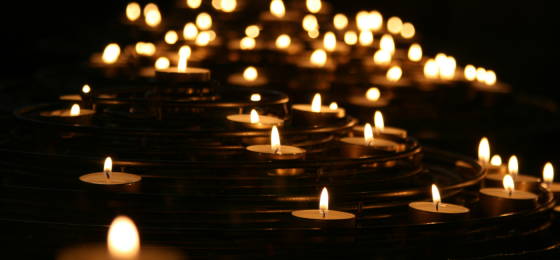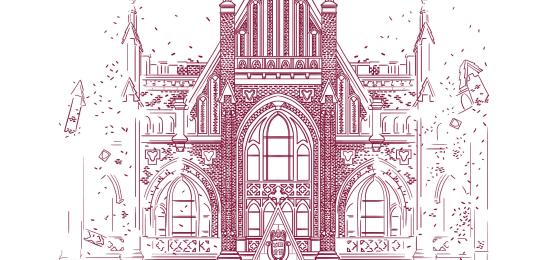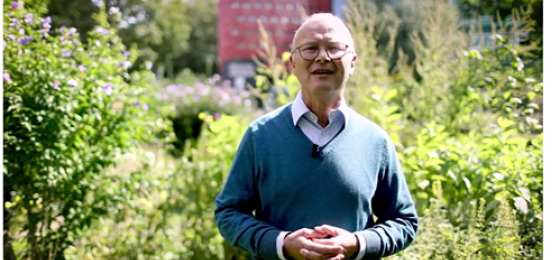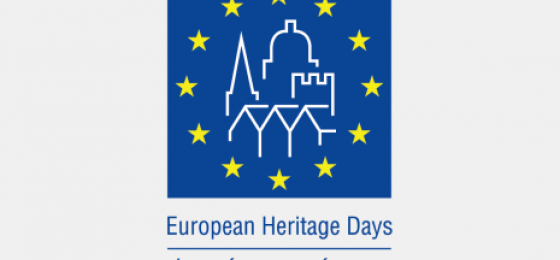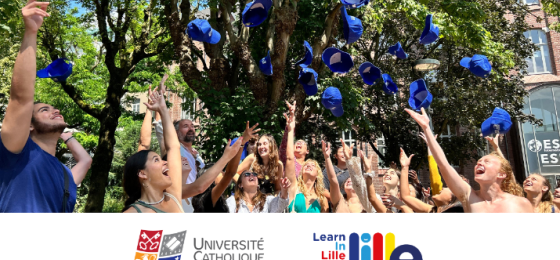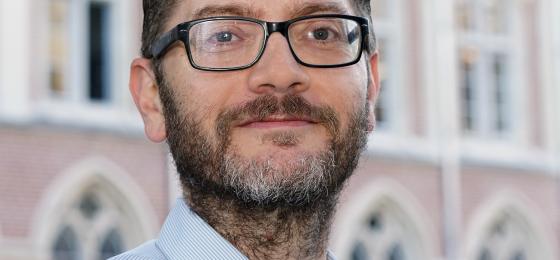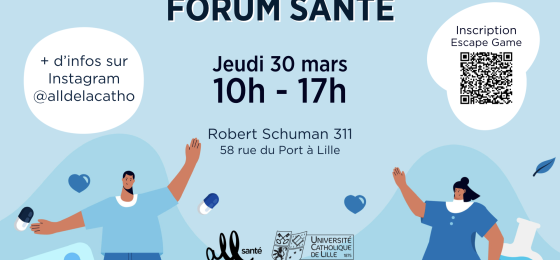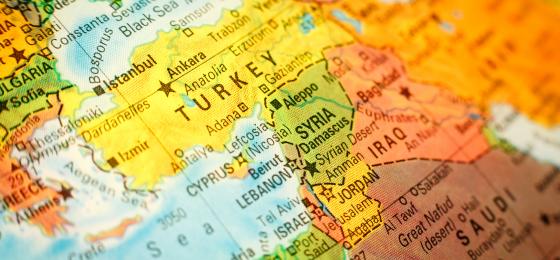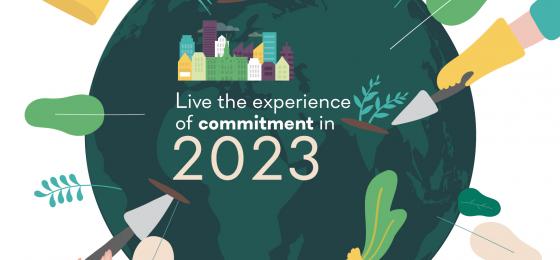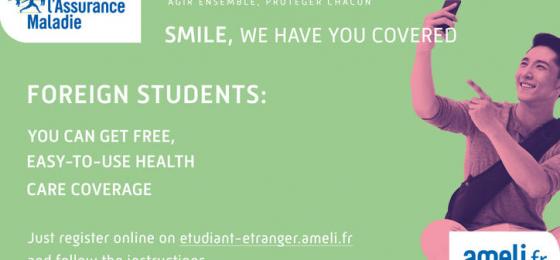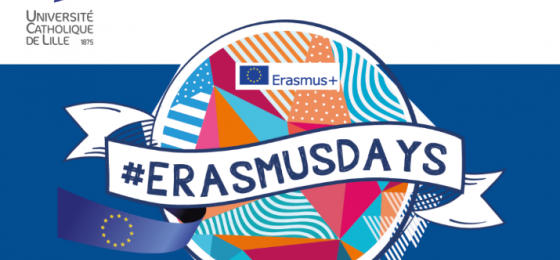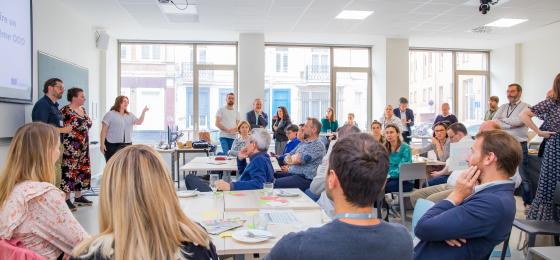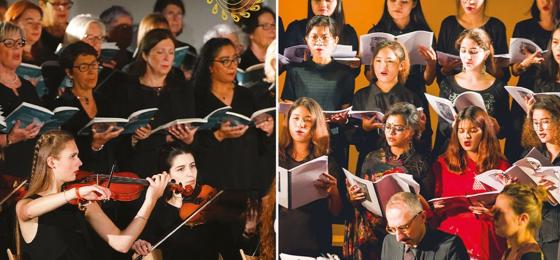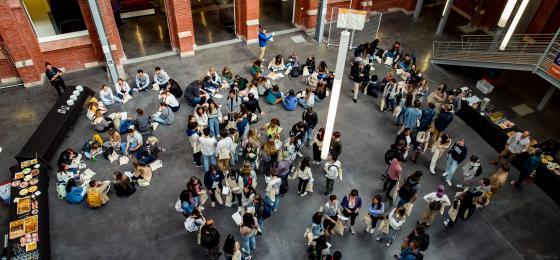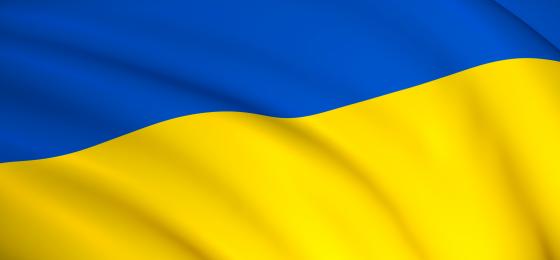Emergency measure for displaced students from Ukraine
France has taken emergency measures to facilitate the reception of students from Ukraine. They are invited to contact Campus France, which will help them to enter advanced education programs in French institutions, including the schools and faculties of the Université Catholique de Lille.
We invite students displaced from Ukraine to contact Campus France at ukraine@campusfrance.org, stating their surname, first name, and nationality, and describing their situation.
For further information concerning what is possible at the Université Catholique de Lille, please write to ukraine@univ-catholille.fr.
To consult the guide (in French and Ukrainian) to student reception in France, click here.
Further information from Campus France (in English)
Необхідні міри для українських студентів, вражених конфліктом
Франція прийняла необіхідні міри, спрямовані на полегшення процедури прийняття студентів з України. Студенти запрошені зв’язатись з Campus France, які допоможуть їм вступити до програм вищих навчальних закладів у Франції, включаючи школи та факультети Лільского Католицього Університету.
Ми запрошуємо усіх студентів з України, вражених конфліктом, зв’язатись з Campus France за адресою: ukraine@campusfrance.org та у імейлі вказати своє ім’я, прізвище, національність та опис власної ситуації.
Для детальнішої інформації на рахунок можливостей у Лільському Католицькому Університеті, звертайтесь до контактної особи : ukraine@univ-catholille.fr
Щоб отримати консультацію(французькою та українською), нажміть сюди.
Детальніша інформація від Campus France(англійською) тут






